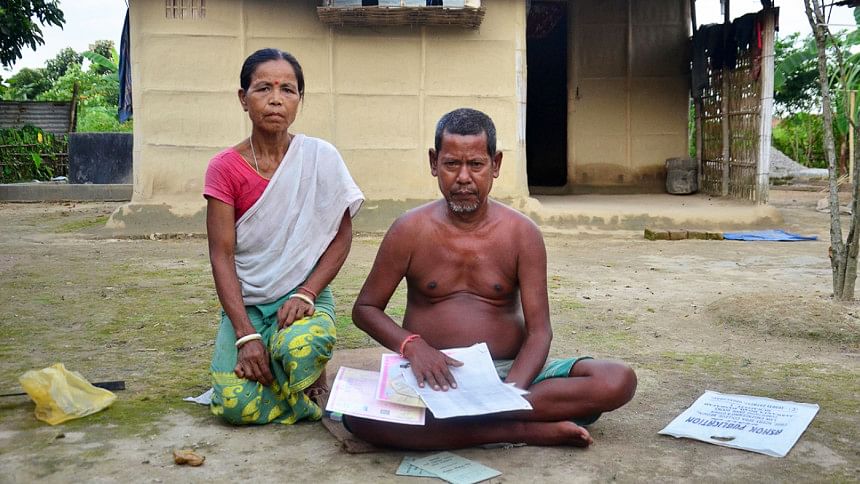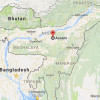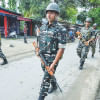Life upended for those left out

Nimai Hajong remembers almost nothing of the hills of eastern Bangladesh where he was born more than half a century ago, having fled as a small child to India where he has lived as a refugee ever since.
The 58-year-old has been declared a foreigner -- one of four million people effectively stripped of citizenship by the government of the northeastern state of Assam.
Their names have been left off a draft list of citizens published late July.
The controversial registry includes only those able to show they were in Assam before 1971, when millions fled to the state to escape Bangladesh's war of independence, and their descendants.
However, many whose families arrived before 1971 say authorities have rejected their papers and left them off the list.
Critics say it is the latest move by the Prime Minister Narendra Modi to bolster India's Hindu majority at the expense of minorities. India will hold a national election next year.
Many of those left off the list are Muslims, but those of other minorities and faiths -- including Hindus -- have also missed out.
State officials say no "genuine" Indians need to worry about being left off the list, and there are avenues for appeal.
'WHERE DO WE GO NOW?'
Nimai's family are Hajong, a Hindu indigenous people from the Chittagong Hill Tracts bordering India and Myanmar, a region wracked by decades of ethnic conflict.
They were shocked to discover their names left off after submitting the same paperwork to authorities that had allowed them to remain in India for more than 50 years.
"What do we do now? We have accepted this land as our home since 1964, and we have nowhere to go," Hajong told AFP in the small settlement of Bamunigaon, roughly 30 kilometres from Assam's capital Guwahati.
LOCAL TENSIONS
Modi's Hindu nationalist Bharatiya Janata Party won control of Assam in 2016 after promising to expel illegal immigrants and protect the rights of indigenous groups.
Millions fled Bangladesh during its 1971 war, but waves of refugees including the Hajong and the Buddhist Chakma had also escaped persecution to come to India before that.
Migrants have since been accused of illegally entering the state and taking land and jobs, causing tensions with locals.

 For all latest news, follow The Daily Star's Google News channel.
For all latest news, follow The Daily Star's Google News channel. 









Comments